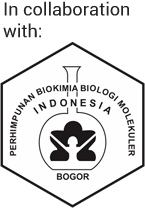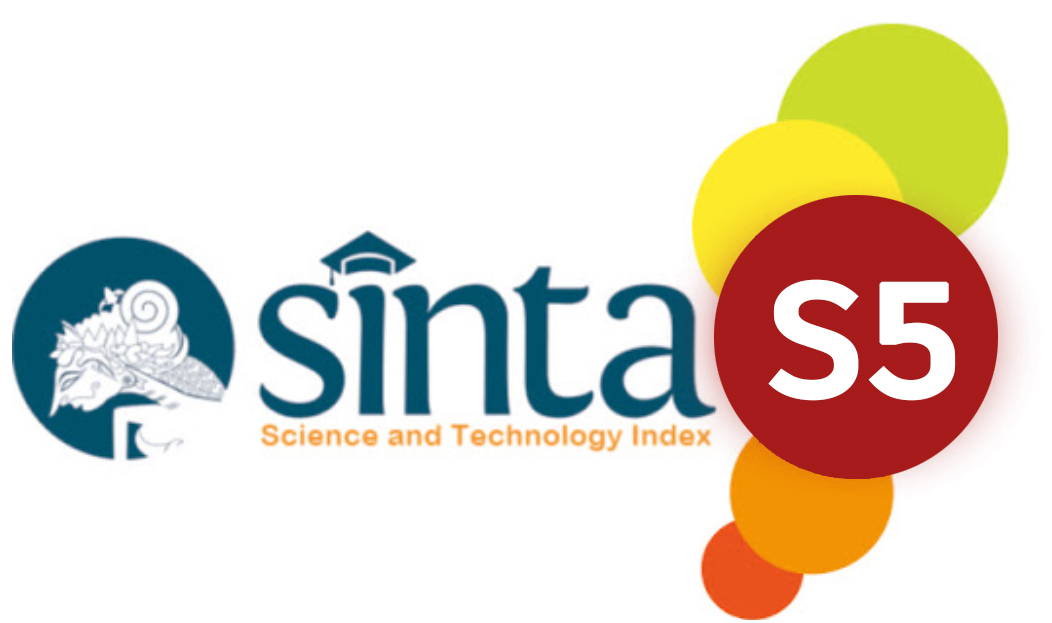In Silico Analysis of Active Compounds of Avocado Fruit (Persea americana Mill.) as Tyrosinase Enzyme Inhibitors
DOI:
https://doi.org/10.29244/cb.9.2.3Abstract
Melanocytes are an important component of skin pigmentation through their ability to produce melanin assisted by the enzyme tyrosinase which is a core enzyme in melanogenesis. The high phenolic and flavonoid compounds in the leaves, seeds and skin of avocados have potential as ligands (inhibitors) of tyrosinase related protein-1. This study aims to determine the active compounds from the leaves, seeds, and skin of avocados that play a role in inhibiting the activity of the tyrosinase enzyme in humans so that it can inhibit the formation of melanin. The research was conducted by molecular anchoring method using YASARA Structure software. The results showed that of the 68 active compounds of avocado leaves, seeds, and skins, there were 11 active compounds that had binding affinity for tyrosinase related protein-1, namely quarcetin, epicatechin, apigenin, 3-Hydroxytyrosol, scopoletin, abscisic acid, citric acid, coumaric acid. , quinic acid, vanillin, and caffeic acid. The active compound abscisic acid is the ligand with the best inhibitory potential with a bond free energy (∆G) of -2,645 kcal/mol which interacts with 17 amino acid residues. The research results can be used as a reference in in vitro and in vivo studies of the human tyrosinase enzyme.












